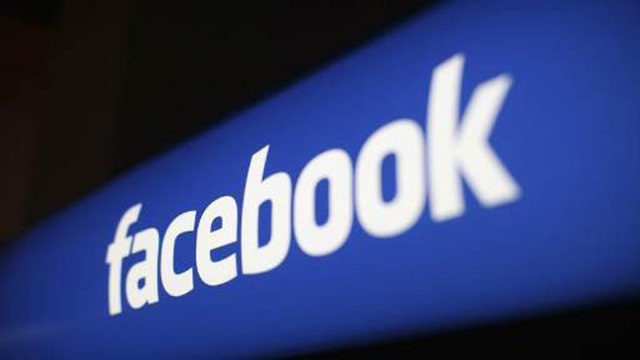Does Social Media Supremacy Win Votes?
Facebook (NASDAQ:FB) is becoming a game changer in the political arena. Likes, comments, and videos shared via the social networking giant are changing how 2016 candidates connect with the public and gain support. “I think it’s a great way to communicate because normally you won’t be able to talk to them but then having that social media platform is like a tool, a gateway,” said John Bueno, a social media enthusiast who uses Facebook, Instagram and Twitter (NYSE:TWTR).
For 21-year-old student Monica Blaze, using Facebook is more than a way to connect with friends -- it also gives her a personal look into the 2016 race. “I think it humanizes them where a lot of times you see a candidate and you see this big intimidating person and then when you get them on social media you realize they are people just like us with thoughts and ideas you can relate to,” said Blaze.
In the first 10 months of 2015, over 68 million people in the United States engaged in election related content on Facebook over a billion times. One 2016 candidate winning that strategy is Republican Dr. Ben Carson; he has over 4.5 million followers on his Facebook page, topping Republican front-runner Donald Trump, who has 4.1 million, and Democratic front-runner Hillary Clinton, who has 1.7 million.
“Ben Carson has been a huge success on Facebook because he does the things we stress the most for candidates that are trying to reach the public on our platform," said Crystal Patterson, Government and Politics Outreach Manager for Facebook.
"He is authentic, he engages regularly, he is very much himself and connects on an emotional level with his supporters and potential new supporters. That is the best way to build a following if you are running for office.”
Both Republican and Democratic candidates use Facebook as an interactive tool for posting personal videos, asking for donations and calling on supporters. Carson takes it a step further by speaking directly to his followers in a question and answer forum nearly every night. One of Carson’s recent posts on November 4 went viral when he addressed questions about his lack of political experience by stating, “You are absolutely right — I have no political experience - the current members of Congress have a combined 8,700 years of political experience. Are we sure political experience is what we need?” Adding, “If all you want is political experience then I cannot be your candidate.”
His bold message received more than 160,000 shares and 265,000 likes. “If a candidate reached out to me directly or responded to one of my messages I would feel that the candidate took the time to understand my question and make me feel that my opinion mattered,” said Jacob Sassoon, a Facebook and Twitter user.
The big question is: Can Facebook and other social media platforms predict the outcome of an election?
“We don’t look at Facebook of being predictive of anything. Honestly the platform is a really good way for campaigns to hear from supporters about the interests that they care about and being responsive to those issues,” said Patterson.
According to Facebook, the top five political topics most talked about in October include: 1. Government Ethics 2. Religion 3. Guns 4. Economy 5. Taxes
“I think the economy is sort of one that is evergreen because that is a topic that impacts everyone and the candidates for the most part have been very aggressive talking about the economy on the platform and their campaigns,” said Patterson. When it comes to making a lasting impression on prospective voters, a candidate’s level of social media engagement could be as much as a deciding factor as grassroots efforts.
“If you can specifically tell me the answer to my question or address my issue I am going to be more likely to vote for you,” said Blaze.




















